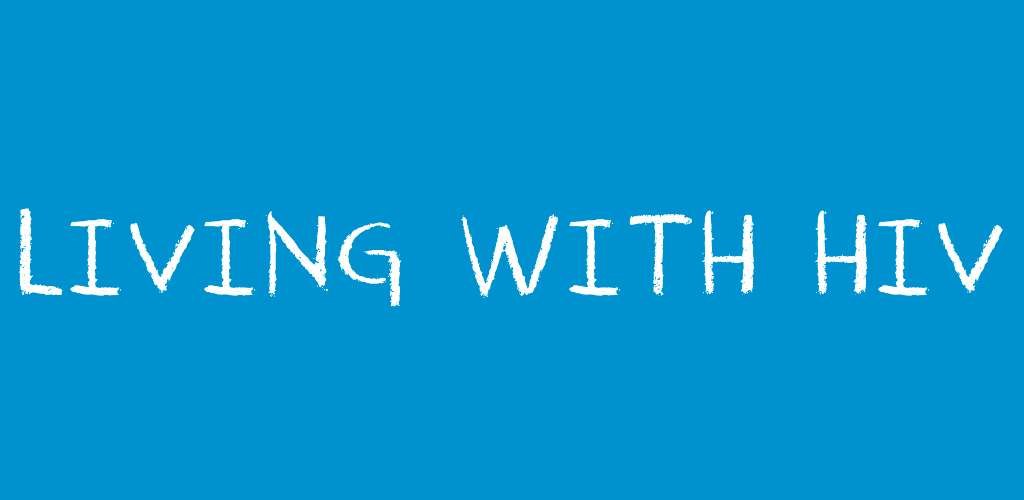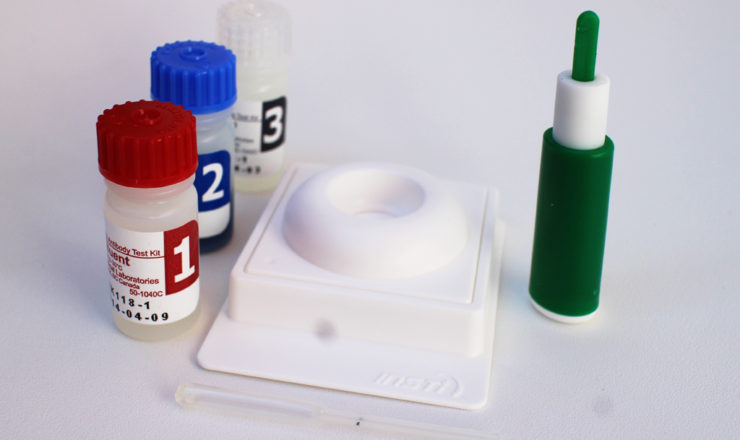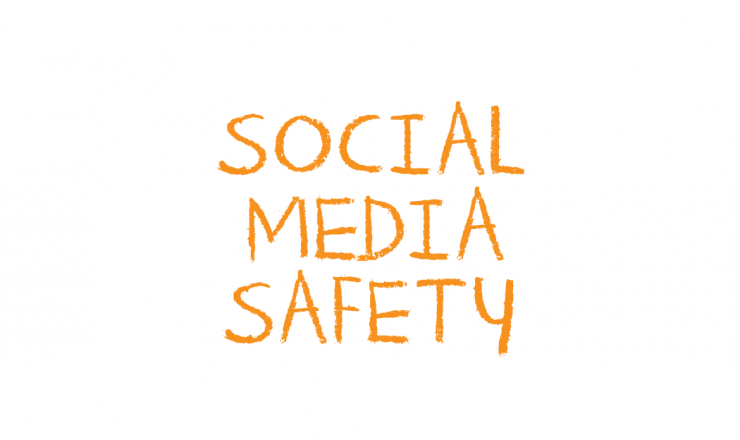Living with HIV
Finding out you have HIV isn’t easy. However, getting support, learning about treatment options and figuring out how to talk about it with your partner(s) can help you feel more prepared to move on and live a happy, healthy life. Below are some tips and information informed by youth ages 13-29 living with HIV.
Dealing with the Diagnosis
- How someone feels when they first get a positive HIV test result is different for everyone. You may be in shock and all the information you receive may be overwhelming. Allow yourself time to process it — you can always return to the clinic to ask questions or read the information when you feel ready.
- You aren’t expected to remember everything you hear and read about your diagnosis. It’s a learning process and eventually the information and terminology will become second nature.
- You may have a lot of questions about what life will be like now. You don’t have to struggle with these thoughts alone. There are a lot of programs and supports for people living with HIV in Toronto (see below).
- Your first instinct may be to tell someone close to you. This can be helpful but make sure they are someone you can truly trust.
- You don’t have to tell anyone you don’t want to. No one can tell that you’re HIV-positive by looking at you. No one can get HIV from having everyday contact with you.
- Seek out information from reliable and accurate websites (see below). Be aware that other websites may contain hurtful and inaccurate content.
- Remember that you are not your virus. You are still all the things you were before you tested positive: a parent, a student, a worker, a sibling, a youth, an artist, etc.
- You can live a normal healthy life. You can go to school, have relationships, have sex, make art, party, have a family, work and travel. Life will go on.
Some Important Terms
It may be helpful to know the following terms as they are often used to discuss health and treatment for those living with HIV.
- PHA: People living with HIV/AIDS.
- Poz: Short form of positive, as in HIV-positive.
- CD4 (cluster of differentiation): Your immune system contains different types of cells that protect the body from infection. One type of these cells is called the CD4 or T-cells. HIV attacks these cells and uses them to make more copies of HIV. This is how HIV weakens the immune system, leaving the body at risk for illness and infections known as “opportunistic infections.”
- Opportunistic infections: Infections that are usually kept under control by a healthy immune system. As HIV weakens the immune system, these infections can’t be controlled and illness occurs. An HIV-positive person is diagnosed with AIDS when they become ill from these opportunistic infections or cancers.
- Viral load: This is the amount of active HIV present in the blood. HIV treatment tries to reduce your viral load. If your viral load becomes so low that it cannot be detected on a test, it is called “undetectable”. You still have HIV but having an undetectable viral load strengthens your immune system and eliminates your chances of passing on the virus to your partner(s) or to your fetus.
Treatment and HIV
- Once you’ve received a positive result, you will be referred to a specialist or clinic with your consent. You may feel like you aren’t ready for this step, and that’s okay. But remember, the earlier you learn about your options, the better.
- Depending on where you were referred, you will be assigned a team of clinicians that may include doctors, nurse practitioners and social workers. The first few visits will involve tests to determine your overall health and monitor your viral load and CD4 count.
- There are many treatment options available that help lower your viral load, minimize the effects of HIV on your body and eliminate the likelihood of passing on the virus. Discuss what kind of treatment is right for you with your clinicians.
- You can start your treatment on your own terms. If you feel like you’re being pressured into treatment, talk about your concerns with your clinicians.
- You have the right to a doctor who is supportive and respectful. If you feel uncomfortable with your doctor, visit the Village Pharmacy website for a list of HIV-care specialists in Toronto [Link].
Disclosure (telling someone you are HIV-positive)
- You can choose who to disclose your HIV status to on your own terms.
- Be aware that, in Canada, there are laws around HIV disclosure and sexual activity. Even though everyone is responsible for their own sexual health, this law puts the responsibility on PHAs to disclose. To find out how this law affects you, visit the HIV/AIDS Legal Clinic of Ontario website: www.halco.org.
- Disclosing can be difficult: you may worry your partner will put you down, tell other people or refuse to have sex with you.
- On the other hand, having an open and honest conversation with your partner(s) can build greater trust and intimacy and allows your partner(s) to make informed decisions.
- You and your partner(s) can also explore new ways to have a healthy, exciting, and fulfilling sex life/romantic relationship.
- Your worth as a person didn’t change when you tested positive, and it shouldn’t change if someone reacts badly to your disclosure. It is HIV that is being rejected, not you. Many people are comfortable having a relationship with an HIV-positive person.
Hot, Healthy Sex Life and HIV
- Like everyone, people living with HIV have a right to consensual, safe and hot sex. Confidence is sexy – if you believe you deserve good sex and caring partners, chances are you will find them.
- Sex can feel complicated. It may remind you of how you got HIV or you may worry about passing it on to a partner. Take your time. Find ways to make yourself feel sexy. The more comfortable you are with being HIV-positive, the better sex you will have.
- Get educated with your partner(s) about different safer sex practices. See the websites on the next page for more information.
Dealing with Stigma
- Some people may say inaccurate and hurtful things about HIV and the people who live with it. Spend time with friends and family who love and accept you and who are educated or willing to educate themselves on the facts about HIV.
- Get involved in HIV organizations in your community. Many organizations have social and volunteer opportunities.
- Get support for your feelings, whatever they may be. See a counselor, join a group, dance, make art, exercise, or meditate.
Resources
| Africans in Partnership Against AIDS |
| Africans in Partnership Against AIDS is a volunteer-driven, charitable AIDS Service Organization serving African communities in Toronto. APAA provides unique HIV/AIDS education and support in a linguistically and culturally appropriate manner to African peoples.
Web: apaa.ca | Phone: 416-924-5256 |
| Toronto People With AIDS Foundation |
| PWA engages people living with HIV/AIDS in enhancing their health and well-being through practical and therapeutic support services and broader social change, with the goal of inspiring them to live into their dreams and discoveries.
Web: pwatoronto.org | Phone: 416-506-1400 |
| AIDS Committee of Toronto (ACT) |
| ACT provides support services that empower people living with HIV to achieve self-determination, informed decision-making, independence, and overall well-being. They do this through programs such as counselling, information provision, social support activities and programs that help people with HIV return to work.
Web: actoronto.org | Phone: 416-340-2437 |
| Asian Community AIDS Services |
| Asian Community AIDS Services (ACAS) is a charitable, non-profit, community-based organization located in Toronto, Canada. They provide safer sex education and services to the East and Southeast Asian communities and support services to persons living with HIV/AIDS and members of the LGBTQ communities.
Web: acas.org | Phone: 416-963-4300 |
| Black Coalition for AIDS Prevention |
| Black CAP is an organization that works to reduce HIV/AIDS in Toronto’s Black, African and Caribbean communities and enhance the quality of life of Black people living with or affected by HIV/AIDS.
Web: black-cap.com | Phone: 416-977-9955 |
| Alliance for South Asian AIDS Prevention |
| The Alliance for South Asian AIDS Prevention (ASAAP) provides HIV/AIDS, sexual health and support services for South Asian communities in the Greater Toronto Area. Their services are offered in English, Tamil, Hindi, Urdu, Gujarati, Bengali, Arabic or Nepali.
Web: asaap.ca | Phone: 416-599-2727 |
| HIV/AIDS Legal Clinic of Ontario |
| The HIV/Aids Legal Clinic of Ontario (HALCO) is a charitable not-for-profit community-based legal clinic that provides free legal assistance to people living with HIV/AIDS in Ontario, Canada.
Web: halco.org |Phone: 416-340-7790 |
| TheBody.com |
| The Body is a health/wellness website that aims to lower barriers between patients and clinicians, to demystify HIV/AIDS and its treatment, and to improve the quality of life for all people living with HIV/AIDS. Web: thebody.com |
| And more! |
| For more information, check out this list from Toronto Central Healthline of other HIV/AIDS care specialists, pharmacies, and community organizations in Toronto. [Link] |
For a downloadable resource on this topic, please visit Planned Parenthood Toronto Factsheet Database.
If you have questions about this topic, feel free to contact one of our peer educators. [Link]
Last Edited: November 2022






